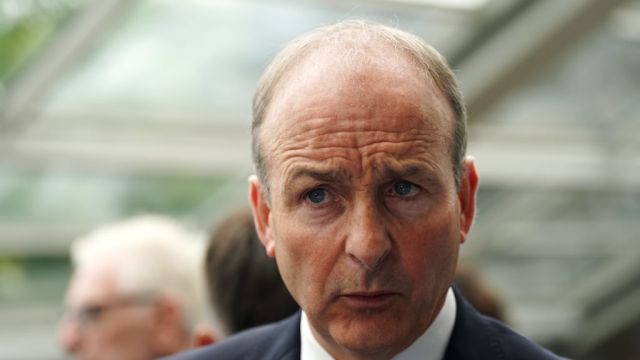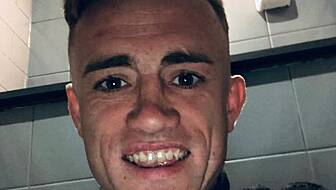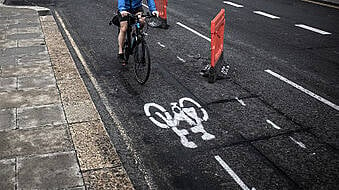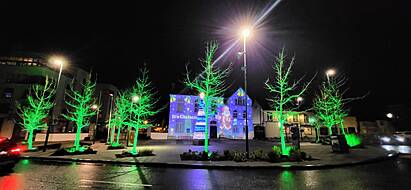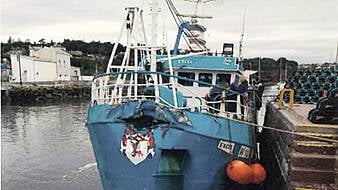Tánaiste Micheál Martin has said there must be no “obstacles or roadblocks” to providing aid and support to Ukraine.
Mr Martin is attending a meeting of the EU foreign ministers in Brussels where they will also hear from Yulia Navalnaya, the wife of the prominent Russian opposition figure Alexei Navalny – whose death at a remote Arctic penal colony was announced last week.
Mr Martin said the reported death of Mr Navalny while in detention is a reminder of the “repressive and oppressive” Russian regime.
At today’s Foreign Affairs Council meeting, we will hear from Yulia Navalnaya in respect of her late husband Alexei Navalny’s death.
Her presence here is significant as it reminds us all of the repressive and oppressive nature of the Russian Federation’s regime. pic.twitter.com/0vVr1mabiA— Micheál Martin (@MichealMartinTD) February 19, 2024
Advertisement
More than 300 people have been detained while paying tributes to Mr Navalny.
Mr Martin said: “President [Vladimir] Putin has ruthlessly put down any opposition and suppressed any dissent, freedom of speech, freedom of the right to gather.
“It is quite extraordinary to watch the scenes last evening on television, where people merely putting flowers on the wall in sympathy are dissuaded and there are people about trying to, if you like, eliminate any evidence of significant sympathy for Alexei Navalny in Russia itself.”
He said the European Foreign Affairs Council will empathise and sympathise “very strongly” with the Navalny family.
He said this would show that there are alternatives to Mr Putin’s regime.
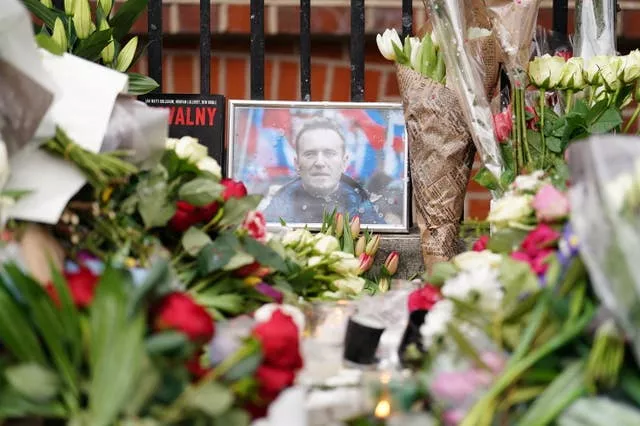
“It’s quite shocking when you stand back and just reflect on the degree to which the fundamental spirit of the human being is been suppressed in Russia.”
He said this was also relevant to the Council’s discussion of Russia’s invasion of Ukraine, adding: “Because that’s what the people of Ukraine don’t want.
“They know what freedom of speech is, they know what a better life is in terms of a life in a democracy.
“The last thing they want is to become part of the Russian Federation, and to live under such circumstances as the Navalny family and many, many others have had to live under.”
The council will also hear from Ukrainian foreign minister Dmytro Kuleba as the second anniversary of the invasion approaches.
Mr Martin said there was a necessity for Europe to make sure that there are “no more obstacles or roadblocks to providing the necessary aid and support to Ukraine”.

He added it was also necessary to prevent Russia from making ground.
He told reporters “We now have the greatest degree of sanctions against Russia in the history of EU-Russian Federation relations.”
He said sanctions packages will “keep the pressure on”.
“We have to make sure we don’t in any way allow any of this slip into the the background if things develop or evolve into the future.
“These are watershed moments in terms of democracy, in terms of the right to free speech, the right to free assembly, and the very basic rights that we all aspire to.
“And all of this will colour the relationship, unfortunately, between the Russian Federation and the rest of the world for quite some time to come.”
